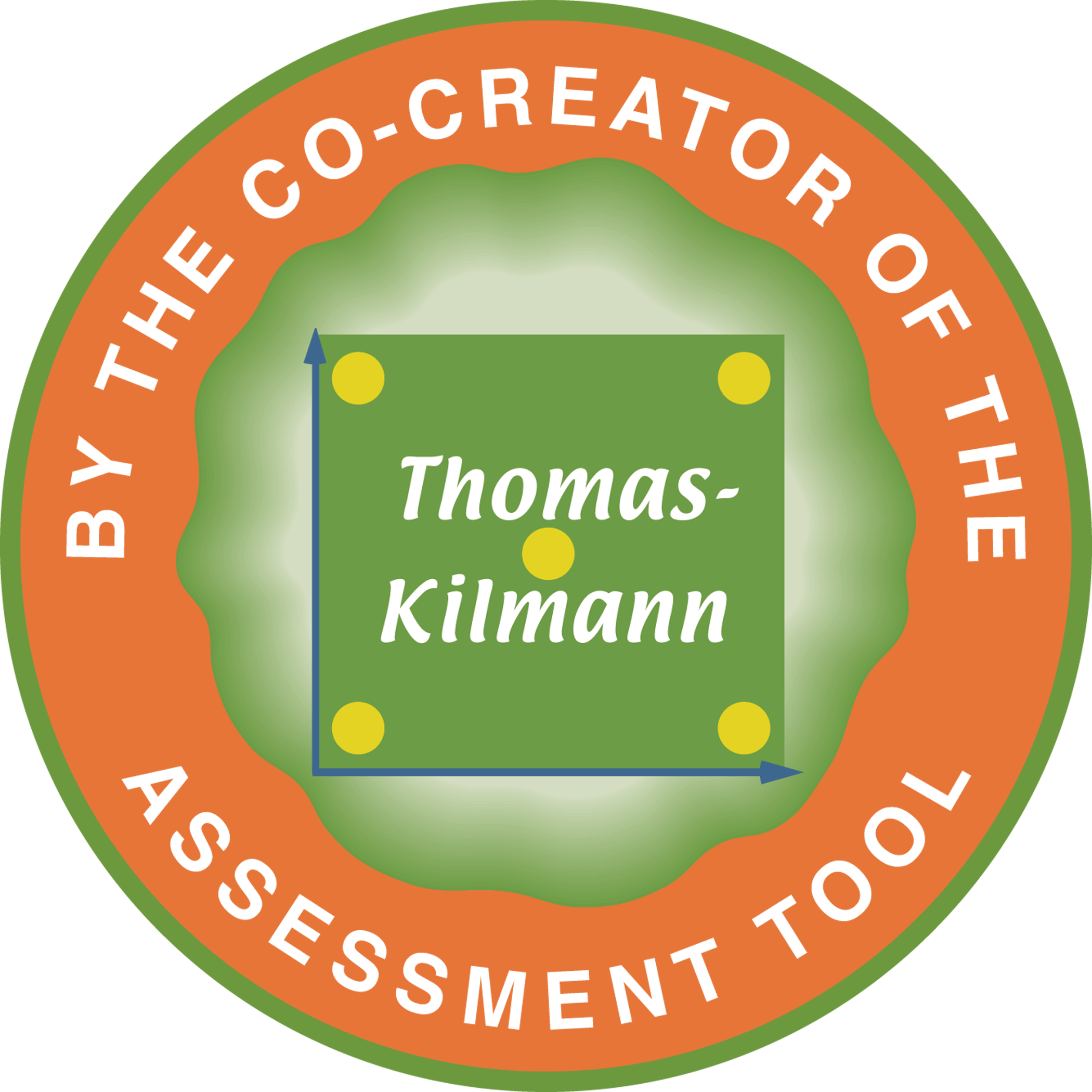15 Jul The Three-Day Washout Effect After a Workshop
Ralph H. Kilmann, co-author of the Thomas-Kilmann Instrument (TKI)
In my work and in my published workbooks, I refer to the “three-day washout effect:” Three days after the workshop (regardless of the topic), it’s as if the workshop never took place, since it’s back to business as usual. In most cases, even with the best of intentions, people so easily fall back on their old (conditioned) habits, which are usually supported by a dysfunctional culture and a silent (or politicized) reward system.
To move from awareness to real behavioral change, therefore, requires some special effort: some special exercises and practices. One such method that I have developed and find very effective is the monthly, group-based, community presented “Progress Report.”

Every month for the next several months following a workshop, every work group gets together and every member separately lists what he or she has done differently INSIDE THE ORGANIZATION, since the workshop took place. Each person also lists what in the organization has improved, stayed the same, or become worse, also since the workshop took place. After each person in the work group has completed these lists, each member ASKS for effective feedback regarding who in the group has witnessed the changes that he claims to have made.
In the first month or two of these Progress Reports, it is not uncommon for most members to receive this feedback: “Maybe you THOUGHT about making those changes, maybe you INTENDED to make those changes, maybe you COMMITTED to making those changes, but…I really haven’t seen those changes in the workplace. Instead, I have seen pretty much the same behavior (and conflict modes) that you’ve regularly used in the past.”
I should stress that I ALWAYS have a section in the initial workshop on HOW to give effective feedback (that it is asked for, specific, focused on behavior, non-judgmental, supportive, etc.), so the person can really receive what is being said (rather than getting defensive from feeling attacked, put down, or criticized).
And then, after each member has received feedback from his work group and after the work group has had some time to discuss the results of the feedback session, each work group summarizes its learned lessons and presents it to other work groups (usually in another workshop setting or via some other medium). These “community presentations” help to create a more supportive culture for real change in the workplace. Moreover, all organizational members involved in this community sharing process get greater clarity on the difference between awareness and behavior—and how to close the gap.
As the months of sharing Progress Reports go by, people start changing their behavior on the job, in accordance with what they learned in the workshop, as supported by the regular feedback they receive and discuss. They also begin to see the connection between THEIR behavior changing in the workplace and things actually improving in the organization (versus staying the same or getting worse). But they also learn that changing old-ways of managing conflict takes a lot of practice, feedback, more practice, more feedback…and also requires active support form the culture of the work group (and ultimately reinforced by a well-functioning reward system that measures and rewards behavioral change).
After several months of work groups filling out and responding to the feedback in the Progress Reports, everyone gets to see WHY the three-day washout effect is very predictable, UNLESS every training workshop (even with all the awareness in the world) is directly followed up by a disciplined process for supporting behavioral change on the job.
Kilmann Diagnostics offers a series of eleven recorded online courses and nine assessment tools on the four timeless topics: conflict management, change management, consciousness, and transformation. By taking these courses and passing the Final Exams, you can earn your Certification in Conflict and Change Management with the Thomas-Kilmann Instrument (TKI). For the most up-to-date and comprehensive discussion of Dr. Kilmann’s theories and methods, see his 2021 Legacy Book: Creating a Quantum Organization: The Whys & Hows of Implementing Eight Tracks for Long-term success.




